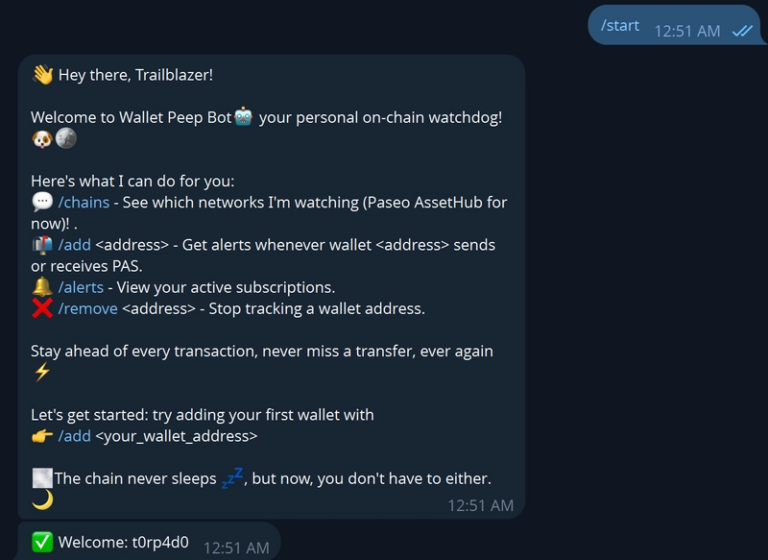It’s Okay If Your Biggest Hobby Isn’t Coding
For the longest time, I kinda felt like a fraud.
I’d browse LinkedIn, Threads, Instagram, X, Dev.to and all sorts and see posts like “I built a full-stack AI app in a weekend!” I’d listen to colleagues talk about their elaborate side projects. The unspoken message was clear: a real developer codes for fun. A real developer is always learning the next thing, always building.
And I… wasn’t.
After eight hours of solving problems, writing code, and staring at a screen, the last thing I wanted to do was more of the same. I’d force myself sometimes, opening my laptop with a sense of dread, only to produce low-quality code and feel even worse.
I thought this meant I wasn’t “passionate” enough. I thought I was falling behind.
Then, I hit a wall. I was stuck on a gnarly backend problem for days. The solution was nowhere to be found. Out of pure frustration, I walked away and decided to finally assemble an IKEA bookshelf that had been sitting in its box for a month.
As I was sorting through the screws and following the famously inscrutable instructions, something clicked in my brain. Not the furniture—my brain. A completely different approach to the backend problem suddenly appeared, clear as day. I hadn’t been thinking about it at all, but my subconscious had been working on it the whole time.
That was my “aha” moment.
The Myth of the 24/7 Coder
The idea that you must live and breathe code to be a great developer is one of the most pervasive and quietly damaging myths in our industry.
It mixes love for the art with fixation on the instrument.
You can be deeply passionate about building elegant systems, solving user problems, and creating robust software—the craft of engineering—without wanting to code every waking hour.
In fact, stepping away is often what makes you better at your job.
Why Your Brain Needs an Off-Switch
1. Prevents Burnout
Your brain is a muscle. You wouldn’t go to the gym and lift weights for 12 hours straight. Constant coding without a mental break leads to fatigue, cynicism, and worse code.
2. Fuels Creativity
The most effective answers frequently emerge when you least expect them—during a shower, while walking, or when your hands are engaged in another task. A new environment allows your mind to create fresh connections.
3. Makes You a Better Problem-Solver
My IKEA moment wasn’t a fluke. Hobbies like woodworking, cooking, or even playing a sport teach you about process, patience, and physics in a way that directly translates to debugging and system design. You learn to think in different modalities.
Redefining “Passion”
Passion isn’t determined by the total hours you put in. It pertains to the calibre of your focus while you are engaged in work.
It’s about the satisfaction you feel when creating a tidy, understandable function.
It’s the desire to comprehend the reason behind a bug occurring, rather than merely acknowledging its existence.
It’s about the delight of working well together with your team to deliver something outstanding.
That type of enthusiasm flourishes when you are well-rested, balanced, and have a life that energises you—not when you are depleted from a late-night coding spree.
If you’ve ever felt bad for not having an impressive GitHub graph or for choosing to watch a film instead of a programming tutorial, I want to assure you: it’s perfectly fine.
Your value as a developer isn’t measured by your side projects. It’s measured by the focus, creativity, and sanity you bring to your actual job.
Protecting your personal time isn’t a lack of ambition. It’s a long-term strategy for a sustainable and enjoyable career.
Let’s break the stigma. What’s one thing you love to do that has absolutely nothing to do with a computer? I’ll start: I’ve gotten really into playing volleyball. The sheer physicality, the instant team communication, and the focus on a single moving object are the perfect antidote to a day of abstract problems and a static screen.


